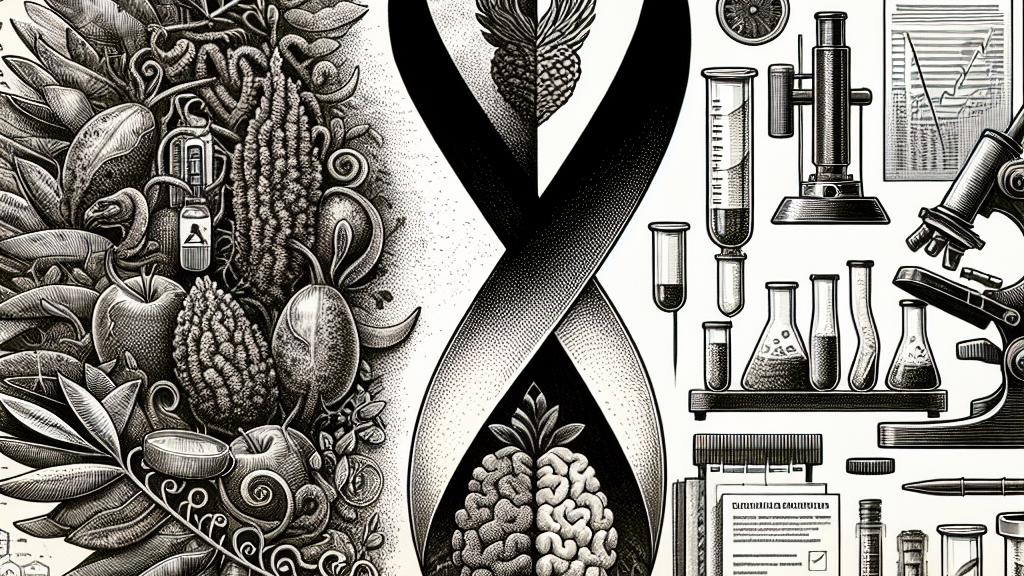Unlocking the Potential of African Plants in HIV Research
Overview
- Exciting collaboration unveils Croton oligandrus's anti-HIV properties in Cameroon.
- Traditional African healing practices provide a foundation for modern HIV treatments.
- Global partnerships drive innovation, transforming medicinal plants into vital HIV solutions.

A Groundbreaking Collaboration
In a remarkable fusion of ancient wisdom and modern science, an inspiring partnership has emerged in Cameroon between The Wistar Institute and the University of Buea. Researchers have turned their attention to Croton oligandrus, a plant that has been revered for centuries in traditional medicine for ailments ranging from diabetes to cancer. Led by the brilliant minds of Fidele Ntie-Kang and Ian Tietjen, this innovative research highlights not just the scientific exploration, but a deep respect for the cultural context from which it springs. Their eye-opening findings, published in the Journal of Experimental Pharmacology, reveal that certain compounds extracted from this incredible plant can reactivate dormant HIV, transforming the virus into a form that is more manageable. This intertwining of traditional ethnobotanical knowledge with cutting-edge laboratory techniques demonstrates the immense potential that lies in merging the past with the present.
Harnessing Ethnomedicine for Modern Challenges
What sets this study apart is its emphasis on the invaluable insights derived from traditional African healing practices. In Sub-Saharan Africa, where the HIV epidemic poses a continuous challenge, leveraging ancestral knowledge is essential for developing effective treatments. This collaboration is not solely rooted in scientific inquiry; it creates an opportunity for empowerment and growth within local communities. For instance, Chantal Emade Nkwelle, the lead author, spent five enriching months at Wistar, honing her skills and exploring advanced laboratory techniques that she can directly implement upon returning to Cameroon. Such experiences not only enhance research capacity but also foster a strong sense of ownership among communities in addressing health challenges. They serve as a powerful reminder that local knowledge can ignite transformative changes in the fight against diseases like HIV.
Pioneering New Strategies in HIV Treatment
Moreover, the research did not limit itself to just Croton oligandrus; it delved into a variety of related species, each contributing unique properties to the pursuit of solutions. This broader approach is timely as it recognizes the limitations of existing antiretroviral therapies which, while effective, do not achieve complete eradication of the virus. By identifying compounds that serve as latency-reversing agents, the research pioneers a strategy known as 'kick and kill.' This novel tactic aims to rouse dormant HIV, making it susceptible to targeted elimination. As researchers continue to explore and extract the remarkable potential of these plants, they not only advance the field of HIV treatment but also pave the way for more accessible, innovative care approaches. The implications of this research could revolutionize how we tackle HIV, providing hope to millions globally.

Loading...